Radar Systems and Remote Sensing
EECS researchers explore numerous facets within radar systems including experimental system development, theoretical signal processing, and electromagnetics. Building on a long and storied history in radar innovation, current research delves into multiple-input and multiple-output (MIMO) radar, pulse agility, compressive sensing, adaptive transmission, high-power spectral efficiency, antenna array, and electromagnetic compatibility. KU is internationally known for its radar research and development in climate change.
Program Objectives
- Describing the basic operating principles, performance characteristics, and block diagrams of various radar systems.
- Comparing the various signal processing algorithms used in modern radar systems.
- Describing electromagnetic propagation, scattering and emission characteristics of natural targets and media as well as discussing the underlying physical properties that determine these characteristics.
Research Units
Associated Faculty

Primary Research Interests
- Adaptive Signal Processing for Radar and Communications
- Radar Waveform Optimization/Implementation
- Radar Pulse Compression
- Space-Time Adaptive Processing
- Array Processing
- Radar Spectrum Engineering
- Radar-Embedded Communications
- Interference Cancellation
- Multistatic Radar
- Biomedical Imaging
Advisory Positions
- U.S. President's Council of Advisors on Science and Technology (PCAST)
- Subject matter expert on RF spectrum for the White House Office of Science & Technology Policy (OSTP)
- Subject matter expert on RF spectrum R&D for the Office of the Under Secretary of Defense for Research & Engineering
- Subject matter expert on proactive RF spectrum sharing for the National Spectrum Consortium
- AFRL/IDA expert panel on RF spectrum warfare & communications
- Subject matter expert on radar/communication RF spectrum sharing for DARPA
- Consultant on radar waveform diversity for the Naval Research Laboratory - Radar Division
Affiliations
- IEEE AESS Radar Systems Panel (2007-2020)
- MSS Tri-Service Radar Symposium Program Committee (2010-present)
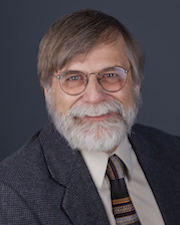
Primary Research Interests
- Antennas and Lightwave Systems
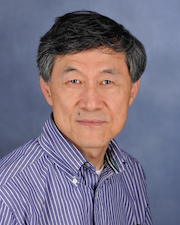
Primary Research Interests
- Optical/RF Measurement and Biosensors
- Novel Photonic Devices
- Optical Communication Systems
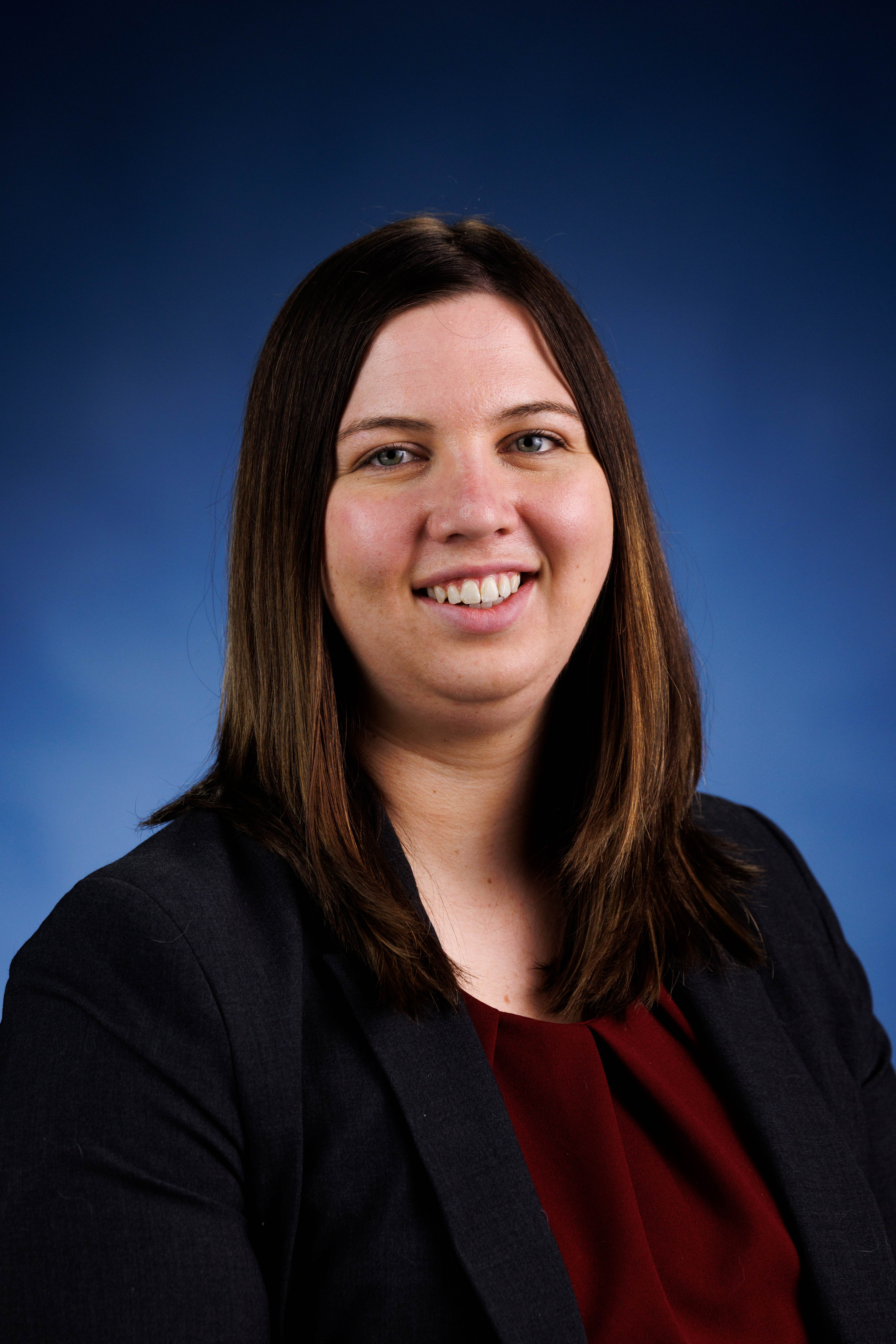
Primary Research Interests
- Radar Systems Design
- Applied Electromagnetics
- Biomedical Imaging Radar
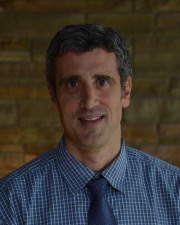
leuschen@ku.edu
785-864-7723
3014 Eaton Hall
Primary Research Interests
- Radar System Design and Development
- Remote Sensing of Ice and Snow
- High Resolution Radar for Agricultural Applications
- Planetary Radar Sounding


Primary Research Interests
- Radar systems and remote sensing
- Multichannel RF signal design and optimization
- Dual-function radar-communications
- Adaptive signal processing and parameter estimation
- Electromagnetic spectrum coexistence

Primary Research Interests
- Software Radio Systems
- Spread Spectrum and Military Communication Systems
- Radio and Radar Signal Processing
- DSP Applications in Acoustics and Radio Signals
- Wireless Communication Systems
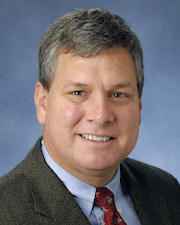
Primary Research Interests
All aspects of electromagnetic sensing, including:
- Radar Signal Processing
- Radar Remote Sensing
- Applications Estimation Theory in electromagnetic sensing
- Applications of Marginal Fisher's Information in sensor Design
- Ground-Penetrating Radar
- Wave Propagation and Scattering
Associated Facilities
- Optical spectrum analyzer
- 50GHz microwave network analyzer
- 40GHz digital oscilloscope
- Tunable laser sources and optical filters
- 40Gb/s and 12 Gb/s BERTs
- Electro-optic modulators, WDM multiplexers, demultiplexers
- High-speed photodetectors
- Commercial WDM systems
- High-speed digital T/R rooftop antenna
- 360 km of fiber installed for systems-level testing
- DSP rapid prototyping system
- Circuit board fabrication facility
- Logic analyzers
- Network analyzers
- Spectrum analyzers, oscilloscopes, and function generators
- Prototype PC board fabrication tools
- RF signal generators
- Variety of DSP and EM design tools
Core Coursework (MS)
Courses
Note: Students must take either EECS 720 or EECS 861 to fulfill their core coursework requirement.